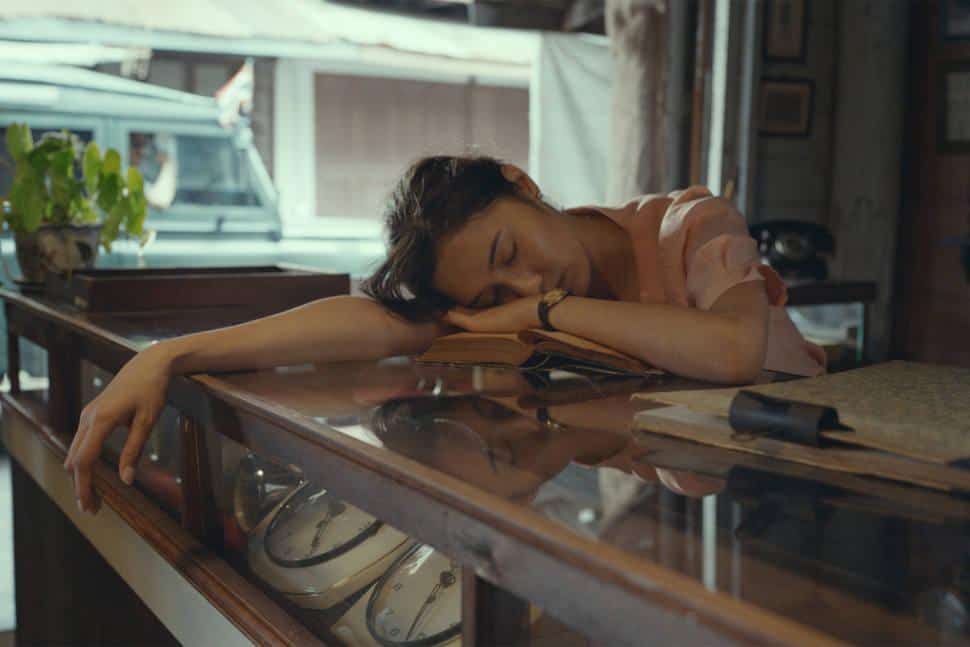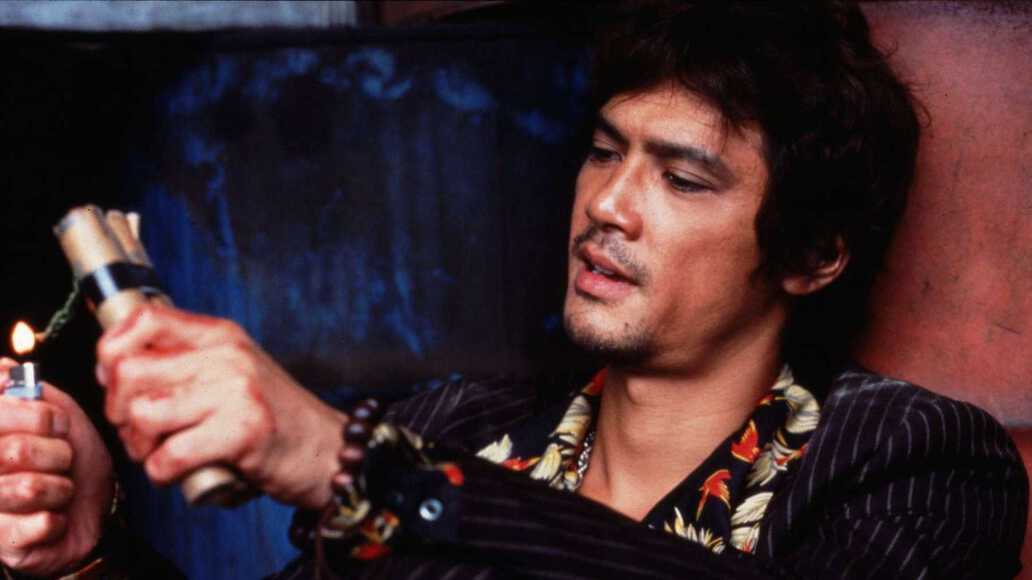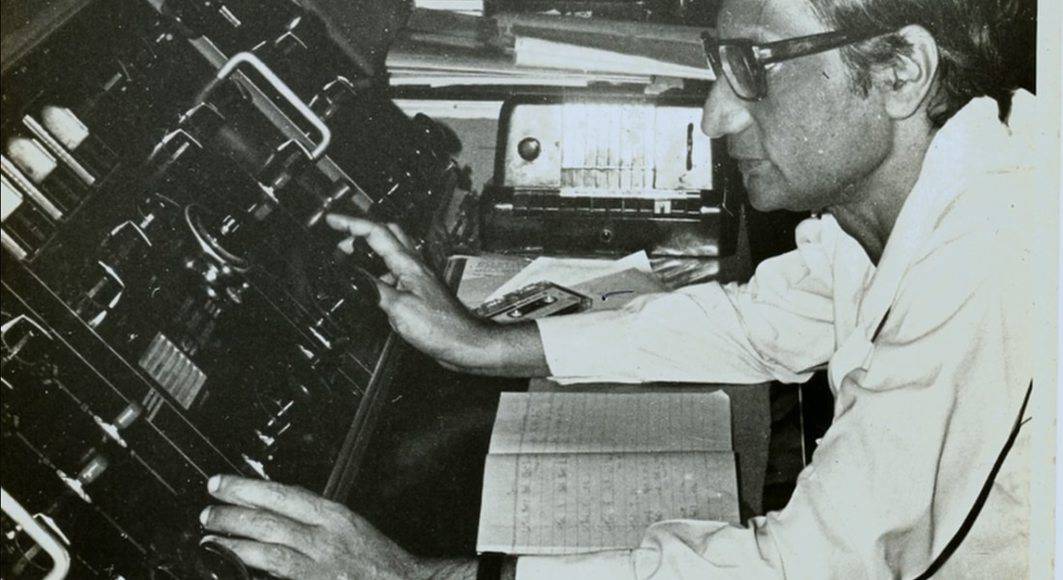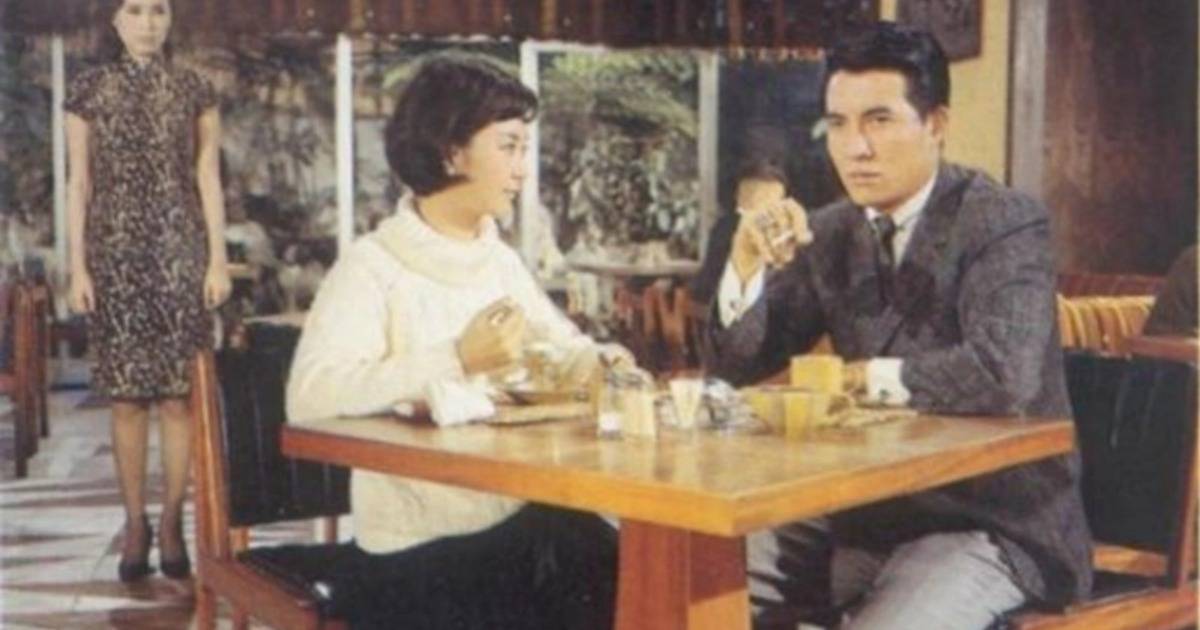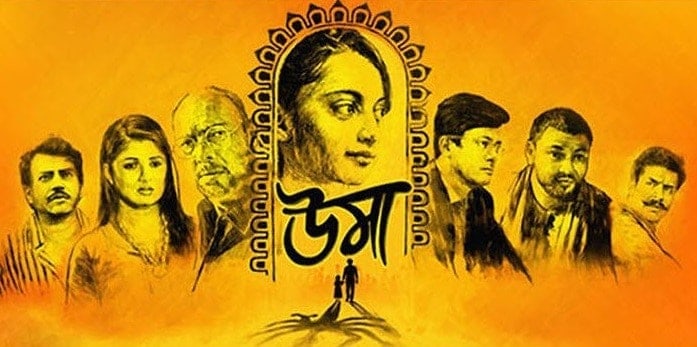Jakrawal Nilthamrong's sophomore feature film could have easily been called something like “The Anatomy of Silence” since dialogues appear only scarcely, and when they do, they don't contribute much to the film's plot with only one lonely exception. When we are finally faced with a longish conversation between the father and daughter in which the world religions are being discussed, it doesn't even matter that the man doesn't get all facts right (Christians believe in Jehova) because he makes a point about the humankind being stuck in its systems of beliefs regardless of race, nation or religion. It's a scene that bears a huge importance for the storyline, because being stuck is what the young woman Maem (Prapamonton Eiamchan) listening to her father, will eventually be.
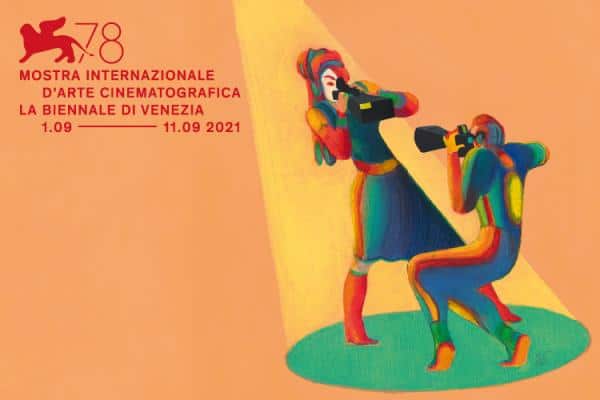
“Wela-Anatomy of Silence” is a film that relies on the performance of its four principal actors playing an uneven couple in past and present, stingy on emotions and generous in giving us ideas what those could be.
Nilthamrong shows the woman's perspective only, giving little to no account of how the relationship between her and the former communist soldier grew into a commitment so strong that Maem decided to leave her middle class life behind, forgetting most of the things her father tried to teach her about.

Partly inspired by Chart Korbjitti's novel “Wela” to which the movie owes its title, and partly by the director's own family, one part of the film is set up against the backdrop of Thailand's painful history chapter around the Fall of Saigon (1975) and the Thammasat University Massacre (1976) which led to the formation of some ultra-right groups which identified as communist. Not much of it is shown really, not counting the first five minutes of the film, in which the young military officer (Wanlop Rungkumjad), one of the two key figures here is introduced in all his ruthlessness, rooting for a new system he believes will change the country one day.
The autobiographical element comes from the experience Nilthamrong's mother was going through with his father, an ex military, which is why the indoor scenes were shot in her home, with the interior of the house altered to become the place where Maem takes care of her husband, putting up with his mood swings and everything that comes along with having to minister a terminally ill person.
Non-linear, the narrative bounces mercilessly back and forth from the troublesome past that left Thailand traumatized, to the now: here, only silence reigns, heavily burdening the aged Maem patiently taking care of her bed-ridden husband, who might have lost control over his body, but whose character hasn't soften an inch. There is no clear path travelled from one decade to the other, leaving the viewer to ponder what was going on in the time between the early days of infatuation and the final chapter of the couple's togetherness.
The scenes depicting the last chapter of the spouses' lives were shot six months prior to those looking into the past. This was still pre-Covid time, easier to pull the shooting off. The latter happened amidst the first official pandemic measures, limiting the exchange possibilities between the actors of two generations.
“Wela-Anatomy of Time” had its world premiere in Orizzonti competition of Venice Film Festival.


